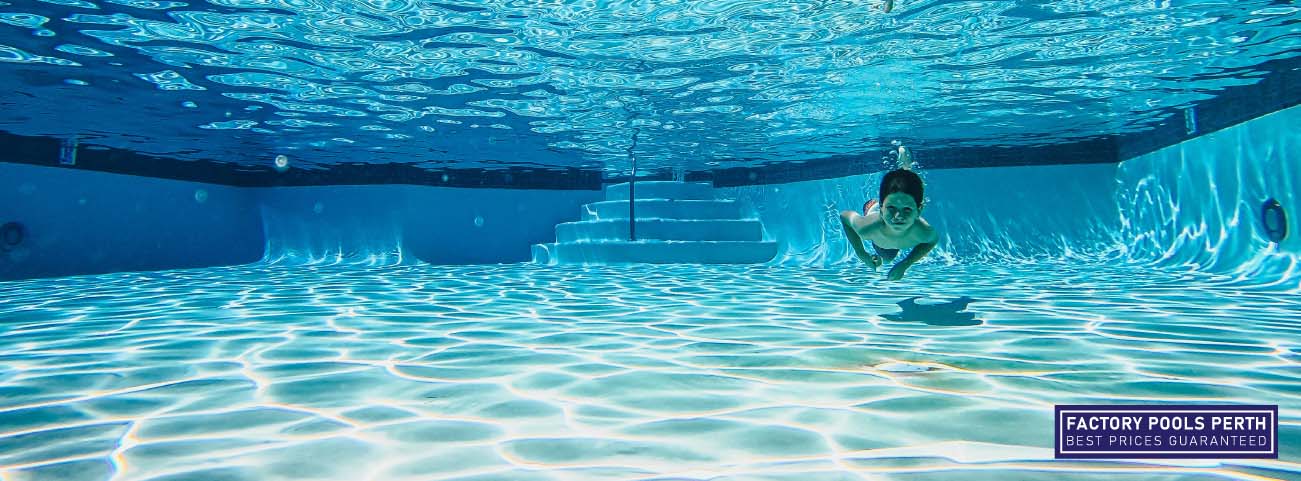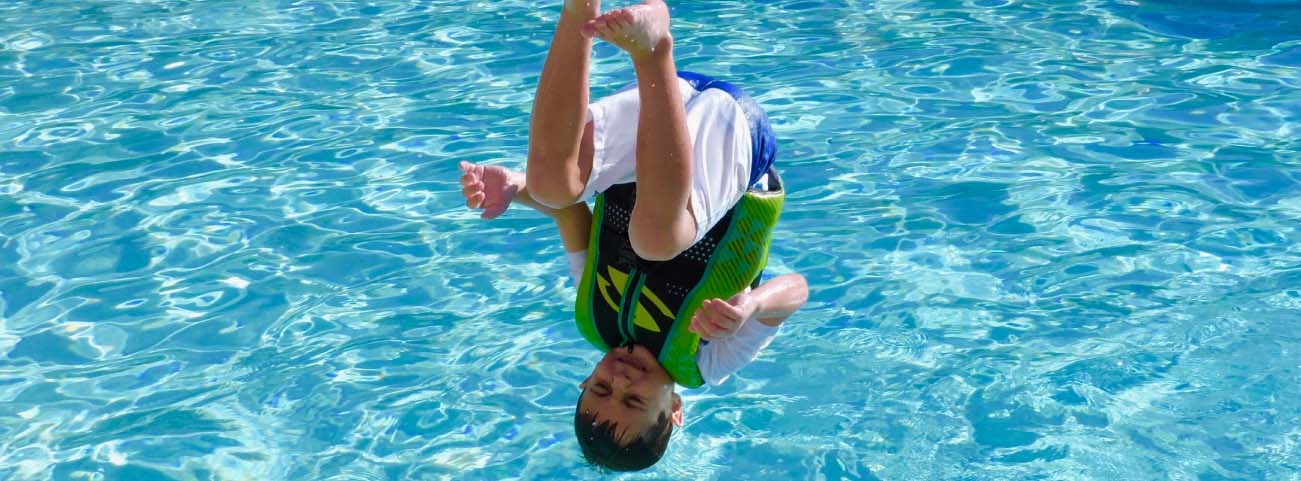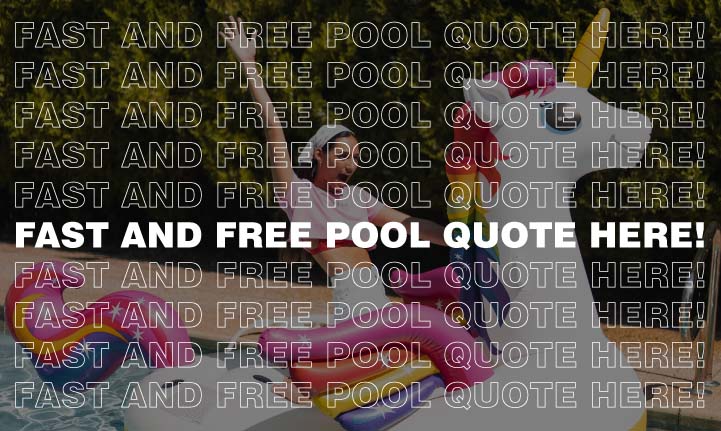Heat Pumps Vs Pool Heaters - Which One Is The Better Option?
When looking to heat up your swimming pool, you'll most likely be faced with two options: a heat pump and a pool heater. Heat pumps can be more expensive than traditional gas-powered pool heaters, but they're also more efficient. But this doesn’t mean that pool heaters don’t have their own advantages. So which is better? The answer depends on how much time you spend outdoors or what type of activities take place at that spot. Read on to learn more.

What is a heat pump?
A heat pump is a device that uses a refrigeration cycle to move heat from one place to another. The opposite of a refrigerator, which uses the same process but in reverse. In other words, a heat pump can take the heat out of the atmosphere and move it into your swimming pool. They use electricity to move heat from one place to another. They’re more efficient at moving that heat than pools with pool heaters.
What is a swimming pool heater?
A swimming pool heater is a device that heats the water in your swimming pool. The heater can be installed above or below the pool and is usually either gas-fired or electrically powered, although there are also models that use solar power as well. One of these devices will help you keep your home’s hot tub warm during cooler months, but if you live in an area with mild winters (or even just long cold spells), then you’ll want something more powerful than an electric model—that way you don’t have to worry about running out of energy halfway through a swim session.
(See the Complete Pool Maintenance Checklist here!)
The simplest way to think about how these heating systems work is by comparing them with traditional wood stoves. They’re essentially just big boilers running on fuel (usually natural gas). Now, if you are installing the pool heater in your hot tub that is inside a room, some extra features need installing. This includes:
Pipes leading into each room where people might want their hot tubs filled with water so they can soak themselves before bedtime
Control panels mounted inside those same rooms so that users can adjust settings like temperature levels
Vents located outside each room so gasses escaping from inside won't escape out onto property lines nearby too quickly.

Benefits of using a heat pump for your swimming pool
Saves time: Pool heaters take time to install, but you can install a heat pump quickly. So, you won’t be spending any time waiting around to swim in heated pool water.
Efficient: A pool heater will use more energy than a heat pump. A heat pump is designed to be more efficient and save you money on your monthly utility bills.
Saves energy: Unlike other types of pool equipment that require electricity or gas so often need replacement parts every few years (like filters), most heat pumps can last many years without needing any repairs at all! This means less waste from disposal costs along with less environmental impact overall due to reduced consumption levels throughout its entire lifespan compared with traditional electric or gas-powered systems.
Drawbacks of using a heat pump for your swimming pool
Heat pumps are more expensive than traditional swimming pool heaters and require additional maintenance once they are in operation, such as cleaning and regular checkups.
A heat pump will take up more space than a portable electric or gas heater, so it may not be possible for you to install one in your backyard if you’re trying to maximize space on your property.
The installation process can be complicated, but it’s worth it if you want an efficient system that provides consistent warmth year-round without wasting energy while being eco-friendly at the same time!
Benefits of using a swimming pool heater
There are many benefits to using a swimming pool heater. Here are some of the most important ones:
Reduce energy cost and maintenance costs: A pool heater can save you money on your utility bills by reducing the amount of electricity used in heating water, as well as reducing the frequency with which your pool needs to be opened or closed for repair or cleaning. This will also reduce any extra wear and tear on your home’s furnace system, which could lead to costly repairs down the road if left unchecked.
Reduce energy cost and maintenance costs: A pool heater can save you money on your utility bills by reducing the amount of electricity used in heating water, as well as reducing the frequency with which your pool needs to be opened or closed for repair or cleaning. This will also reduce any extra wear and tear on your home’s furnace system, which could lead to costly repairs down the road if left unchecked.
Reduce opening and closing time for your pool each year (and every time there’s an issue): If you have an above ground swimming pool, this is especially important because it means that water evaporation will occur more quickly than usual—which means even less time spent waiting around during those hot summer months!
Reduce opening and closing time for your pool each year (and every time there’s an issue): If you have an above ground swimming pool, this is especially important because it means that water evaporation will occur more quickly than usual—which means even less time spent waiting around during those hot summer months!

Drawbacks of using a swimming pool heater
Cost of installation: The cost of installing a pool heater can be high, especially if you’re not already experienced in the field. This is because it requires special knowledge and skills to install the device properly.
Cost of maintenance: You will also have to keep your swimming pool heater maintained over time so that it doesn’t malfunction or break down due to wear and tear. If there are any problems with the unit, then you’ll have to get it repaired by someone who has experience working with such equipment.
Cost of power: To run a swimming pool heater, you’ll need electricity running through its wires at all times, unless something goes wrong with your electrical system (which could cause an outage). In addition, you may also want extra power outlets installed near where people will be using these heaters so that they don’t get interrupted by outages when using them around town!
Conclusion
We hope this article has helped you understand the differences between heat pumps for swimming pools and pool heaters, and why it may be more beneficial to use one over the other. The next step is to find out what type of system will work best for your needs. We recommend contacting a professional if you need any further assistance in choosing which product will best suit your needs!


